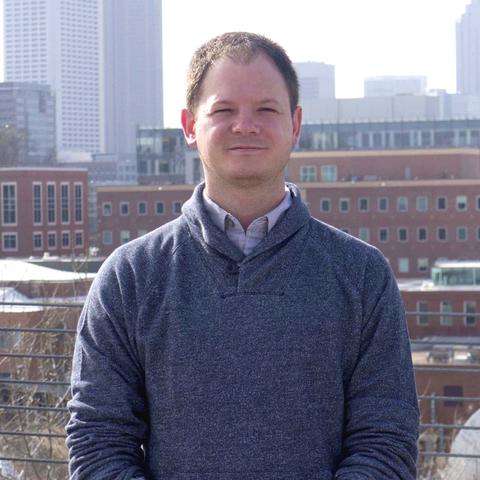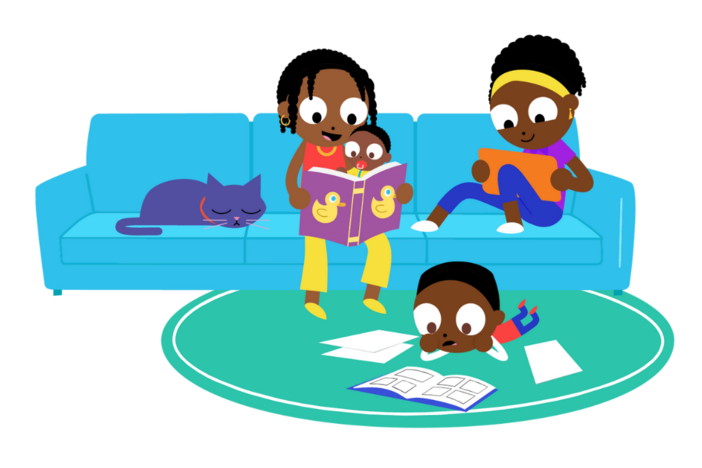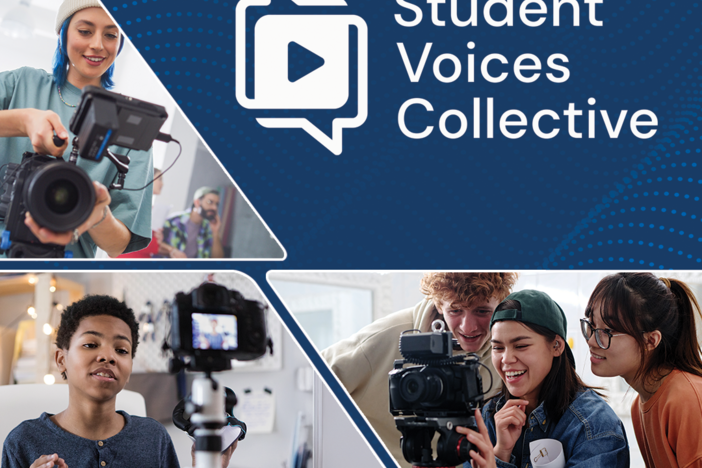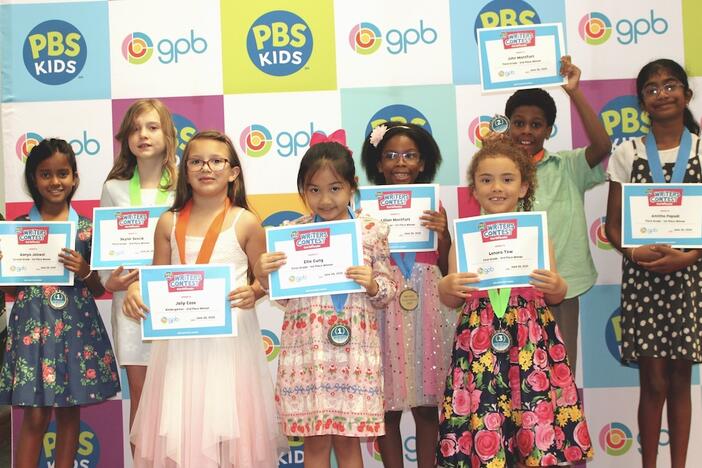
Section Branding
Header Content
Social And Emotional Learning Can Help Educate the Whole Child
Primary Content

As the world around spills into our schools, educating the "whole child" now requires us to consider not only our students' knowledge of content areas but also community engagement and their own mental health. This appears yet another tall order for educators juggling data, a move toward personalization, and a new focus on inquiry and rigor. The good news is that Georgia Public Broadcasting and partners Discovery Education and PBS LearningMedia are here to help.
Discovery Education Partnerships
An untapped part of Discovery Education's vast offerings of materials is its collaborations with other partners to create virtual field trips and explorations.
Discover Your Happy is an exploration through skills and actions that can not only reduce the stress and anxiety that negatively impact our lives but also build happier lives! With research from UC Berkeley and LG, there are classroom lessons, a virtual field trip, professional development activities and resources for families. Time to get happy.
In a less positive sense, most of us are aware of the impact the opioid crisis is having on the communities we serve. The Drug Enforcement Agency created the Operation Prevention program to educate students on the impact of opioid addiction. The materials are built to fit seamlessly into classroom instruction but also flow into out-of-the-classroom conversations as well. Additionally, there are STEM components on the science of addiction and materials for parents to join the discussion.
Similarly, it is not always popular to say what is right. Speak Truth to Power introduces students to human rights defenders and a history of human rights through interactive maps and a virtual field trip guided by Robert Kennedy's daughter, Kerry Kennedy. Want to inspire your students to take action on their beliefs and passions? This is the resource for you.
PBS LearningMedia Collections
The power of PBSLRM is its ability to harness so many relationships that manifest themselves as collections of resources. For materials that target our younger students, the AIM Buddy Project encourages social and emotional learning through the famous show Arthur. Students can partner-up with a buddy on interactive elements that focus on five topics –empathy, honesty, forgiveness, generosity, and learning from others. And they also offer advice for parents to help them develop more empathy in their children.
More broadly, the PBS Kindness, Empathy, & Resilience collection teaches students across all grade levels just that. Utilizing segments from some of their most know shows, the curated collection offer clips and activities to help students move forward with character education. But sometimes that may not be enough. With their groundbreaking documentary The Bad Kids, a toolkit is available for working with at-risk students both as both school-based student learning opportunities and districtwide professional development.
Innovation in Teaching
The Innovation in Teaching Competition: Beyond the Textbook began as part of Georgia’s Race to the Top plan to create and support highly-effective teachers. The competition promotes excellence in the classroom through two main goals: (a) recognizing and rewarding educators from across our state who are using innovative strategies to advance student achievement, and (b) making videos of the winning teachers, along with their unit plans and supplementary materials, available to all Georgia educators.
In one of many units available, Bringing Vocabulary to Life: Using Our Words to Help Homeless Children engages students in explicit and systematic vocabulary instruction that allows students to embody the meanings of the words concerned, support, and be more compassionate by completing a service learning project.
Additionally, Bullying Can't Continue Spreading leverages the history of the Holocaust and how it relates to modern day bullying. Students examine poems, literature and other text to enhance their knowledge of the Holocaust while strengthening their understanding of tone, mood, allegory, diction, point of view, and theme. Then, students write an informative essay on their literary understanding within the context of the Holocaust and its connection to bullying.
So if you are looking to integrate more character education and go beyond the standards, GPB and its partners have a host of resources to help you do just that. Whole child education is now at our fingertips.
As the world around spills into our schools, educating the "whole child" now requires us to consider not only our students' knowledge of content areas but also community engagement and their own mental health. This appears yet another tall order for educa





